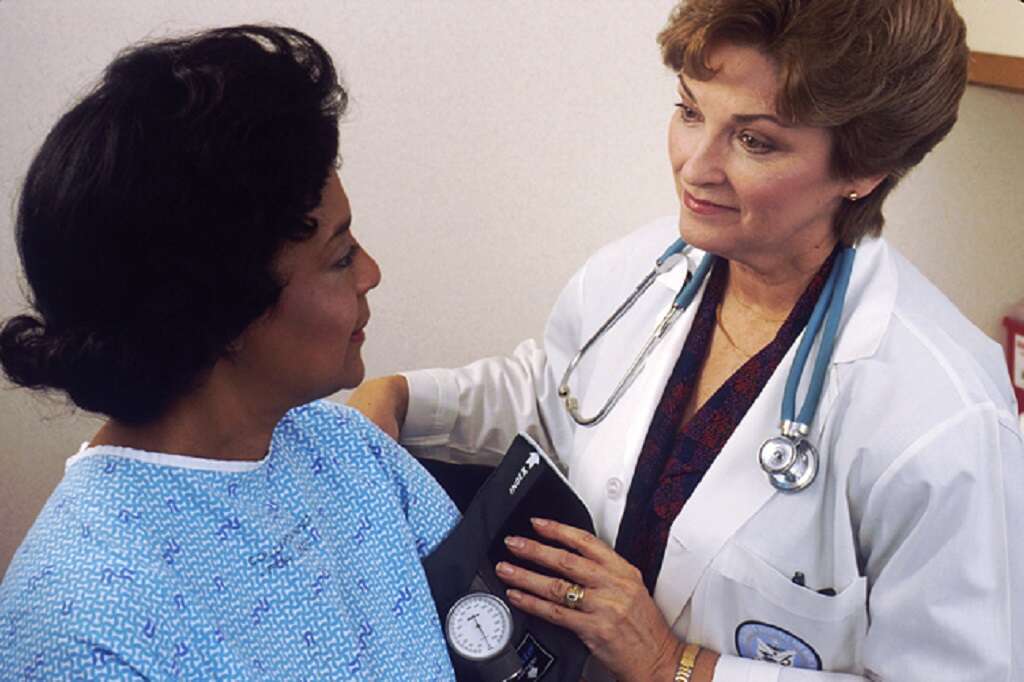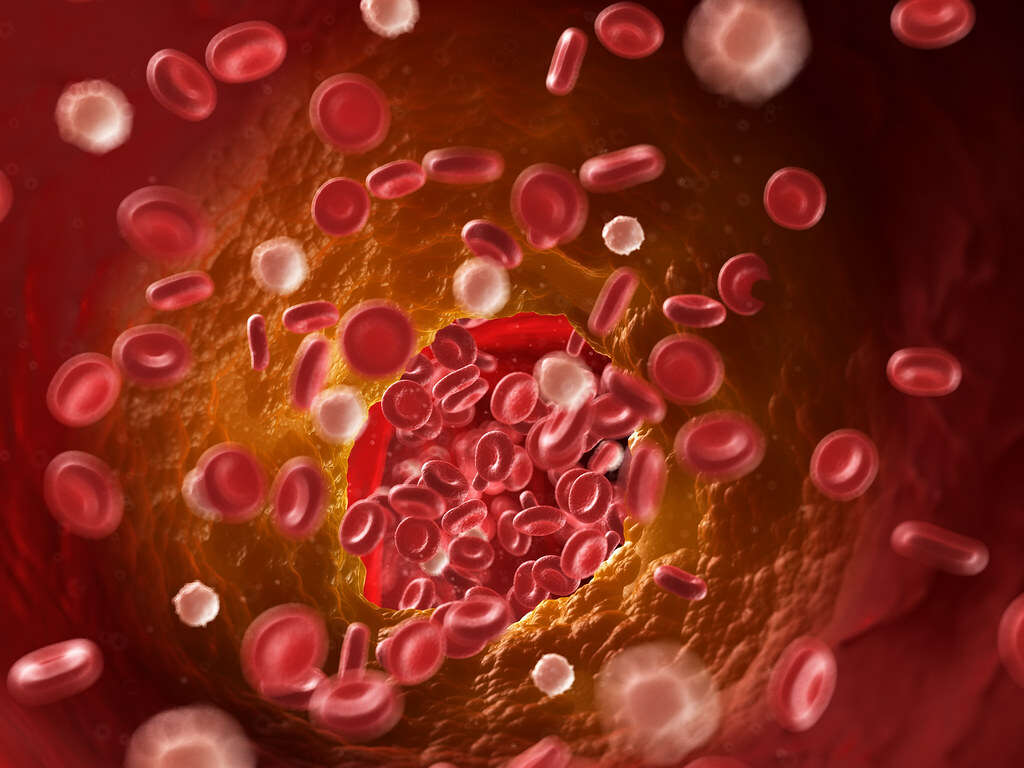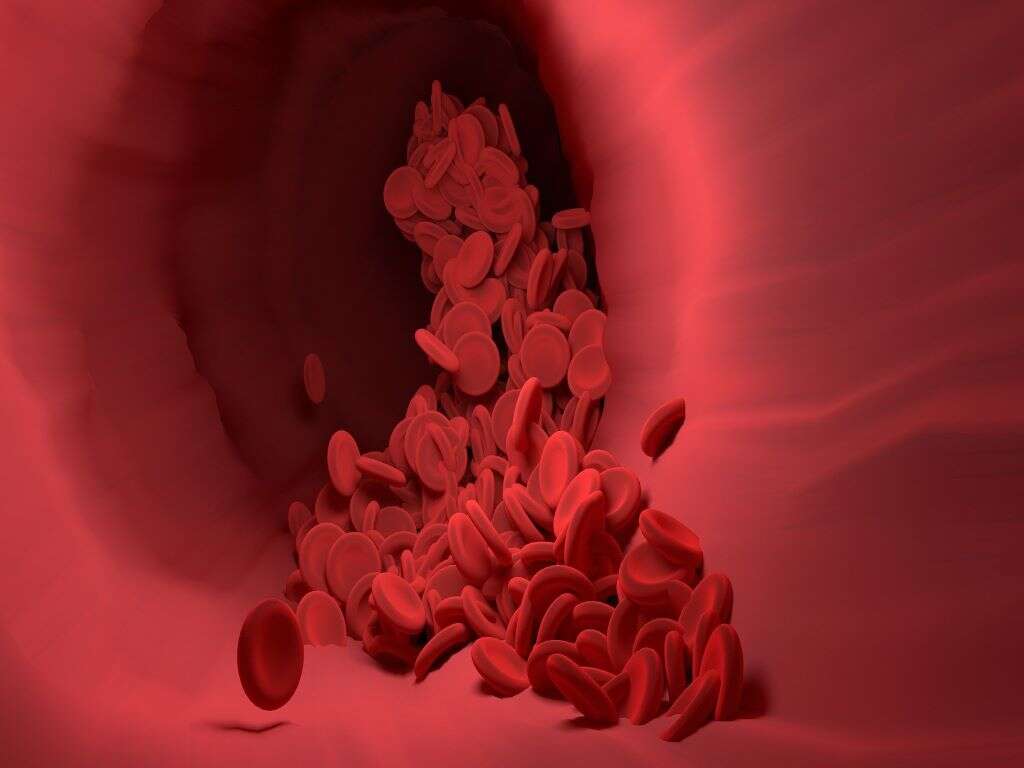Hemoptysis Definition, Causes and More
 Article Sources
Article Sources
- 1. Jacob L. Bidwell | Robert W. Pachner. 'Hemoptysis: Diagnosis and Management.' American Family Physician, aafp.org/afp/2005/1001/p1253.html.
- 2. Radchenko, C., et al. 'A Systematic Approach to the Management of Massive Hemoptysis.' PubMed Central, ncbi.nlm.nih.gov/pmc/articles/PMC5696556.
- 3. 'Hematemesis.' Cancer Therapy Advisor, 17 2019, cancertherapyadvisor.com/home/decision-support-in-medicine/hospital-medicine/hematemesis.
- 4. 'Evaluation of Hemoptysis.' Clinical Decision Support for Health Professionals, 2 2020, bestpractice.bmj.com/topics/en-us/1039.
- 5. Gershman, E., et al. 'Management of Hemoptysis in Patients with Lung Cancer.' PubMed Central, ncbi.nlm.nih.gov/pmc/articles/PMC6712256.
- 6. 'Etiology and Management of Pediatric Hemoptysis.' JAMA Network, 1 Apr. 2001, jamanetwork.com/journals/jamaotolaryngology/fullarticle/482262.
8. Hemoptysis and Cancer
Malignancy-related hemoptysis is common. In the U.S., it accounts for almost 25 percent of all cases.5Gershman, E., et al. ‘Management of Hemoptysis in Patients with Lung Cancer.’ PubMed Central, ncbi.nlm.nih.gov/pmc/articles/PMC6712256. Many patients with lung cancer experience hemoptysis to some extent during the course of the disease.
Even though hemoptysis related to cancer is common, managing the condition is difficult. It can present dramatically or subtly, making it a challenge for health care providers. With cancer, the rate and volume of bleeding are dependent on numerous mechanisms.
Advertisement











